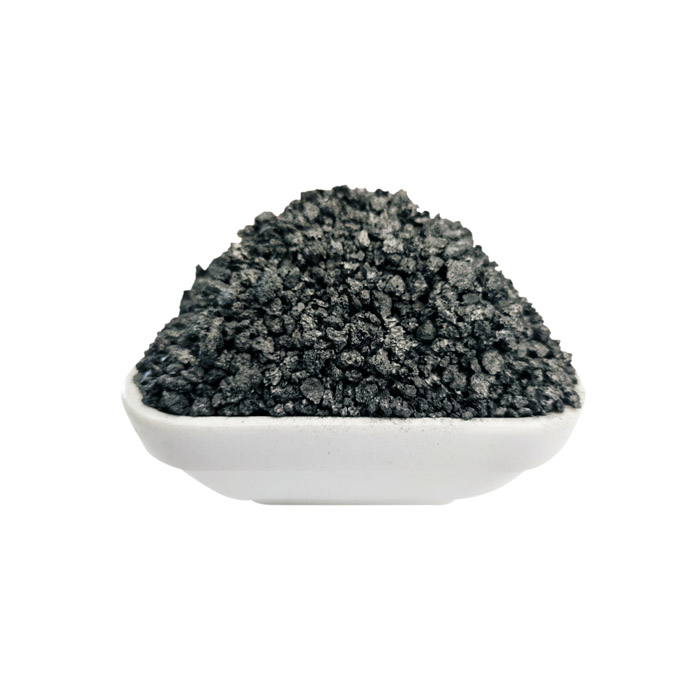Oct . 04, 2024 15:55 Back to list
activated carbon powder
The Versatility of Activated Carbon Powder
Activated carbon powder, often referred to as activated charcoal, is a highly porous material derived from carbonaceous sources such as wood, coconut shells, or coal. Its unique properties and versatility make it a valuable resource across various industries, including environmental protection, healthcare, and food processing.
What is Activated Carbon Powder?
Activated carbon is produced through a process called pyrolysis, where the raw material is heated in the absence of oxygen. This process removes moisture and volatile compounds, resulting in a carbon-rich material. Next, the carbon is activated by exposure to oxidizing agents, which create a vast network of micropores, significantly increasing its surface area. A single gram of activated carbon can have a surface area exceeding 3,000 square meters, making it exceptionally effective at adsorbing impurities.
Applications in Water Purification
One of the primary uses of activated carbon powder is in water purification. Its high adsorption capacity allows it to effectively remove contaminants such as chlorine, sediment, volatile organic compounds (VOCs), and even heavy metals from water. This makes it a popular choice for residential water filters, municipal water treatment facilities, and industrial applications. By trapping these pollutants, activated carbon helps to improve water quality, making it safer for consumption and environmental discharge.
Role in Air Filtration
activated carbon powder

In addition to water treatment, activated carbon plays a crucial role in air purification. The porous structure facilitates the adsorption of gases and odors, making it an effective component in air filters used in homes, offices, and industrial spaces. It is particularly useful in removing harmful substances such as formaldehyde, benzene, and other VOCs that can adversely affect indoor air quality. This ability to trap particulate matter and chemical pollutants helps in promoting healthier living environments.
Medical Uses
Activated carbon powder has significant applications in the medical field as well. It is commonly used in emergency medicine to treat poisonings and overdoses due to its ability to adsorb toxic substances in the gastrointestinal tract. Activated charcoal can bind with drugs and chemicals, preventing their absorption into the bloodstream and facilitating their elimination from the body. Furthermore, it is increasingly being explored for its potential in skin care products, detoxifying treatments, and even dental health, owing to its antibacterial properties.
Food Industry and Beyond
In the food industry, activated carbon is utilized for decolorizing and purifying edible oils, juices, and alcoholic beverages. Its ability to remove impurities without altering the chemical composition of products is highly valued. Additionally, activated carbon is finding applications in the agricultural sector for soil amendment and as a natural pesticide, showcasing its adaptability across various fields.
Conclusion
Activated carbon powder is a remarkable material with a myriad of applications that underscore its importance in modern society. From purifying water and air to aiding in medical treatments and enhancing food safety, its versatility is unmatched. As industries continue to seek sustainable and effective solutions for pollution and health challenges, the demand for activated carbon powder is expected to grow, solidifying its role as an essential tool for environmental and personal health. Embracing activated carbon's potential not only enhances our quality of life but also contributes to a more sustainable future.
-
Eco-Friendly Granule Covering Agent | Dust & Caking Control
NewsAug.06,2025
-
Fe-C Composite Pellets for BOF: High-Efficiency & Cost-Saving
NewsAug.05,2025
-
Premium Tundish Covering Agents Exporters | High Purity
NewsAug.04,2025
-
Fe-C Composite Pellets for BOF | Efficient & Economical
NewsAug.03,2025
-
Top Tundish Covering Agent Exporters | Premium Quality Solutions
NewsAug.02,2025
-
First Bauxite Exporters | AI-Optimized Supply
NewsAug.01,2025
